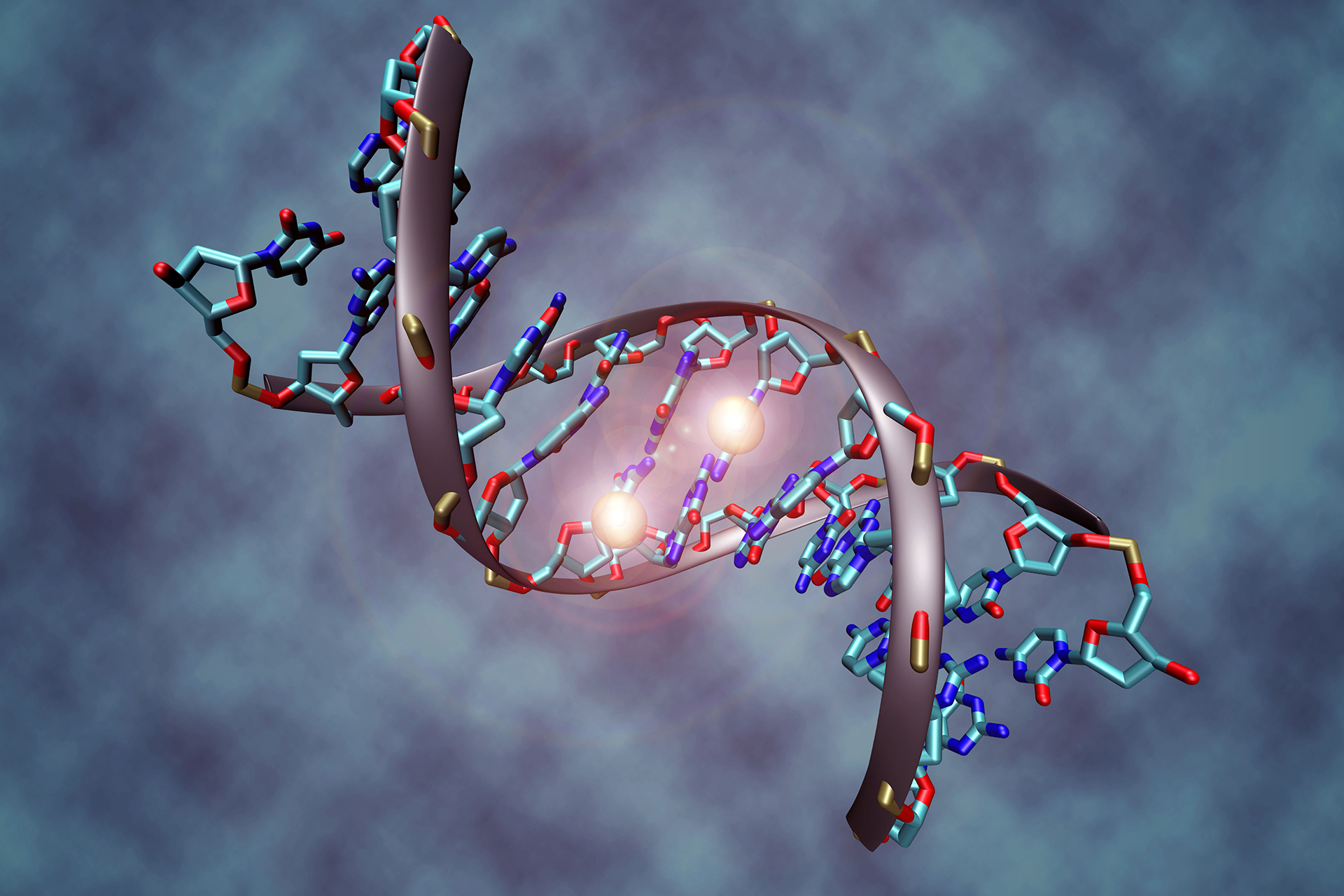A single night's sleep disturbance causes epigenetic changes in fat and muscle tissue, a new report has found.
Sleep loss affected how muscles and fat tissue responded to blood sugar levels, potentially providing a mechanism for the well-established link between sleep deprivation and weight gain. The epigenetic changes discovered were linked to loss of muscle mass and gain of fat stores.
'We think that the changes we have observed in our new study can constitute another piece of the puzzle of how chronic disruption of sleep and circadian rhythms may impact the risk of developing, for example, obesity,' said Dr Jonathan Cedernaes of Uppsala University in Sweden, an author of the study published in Science Advances.
Previous research has shown that chronic sleep deprivation leads to weight gain and associated disorders such as Type 2 diabetes. However, an epigenetic basis for this link has been elusive.
In this study, 15 healthy human volunteers were allowed to sleep undisturbed for eight hours on one night. On another occasion, they were kept awake throughout the night.
The morning after each intervention, the researchers took samples of skeletal muscle, adipose tissue and blood. Sleep loss was shown to cause changes in DNA methylation, a mechanism that moderates gene expression by switching genes 'on' and 'off'. Sleep deprivation changed the expression of 117 genes in skeletal muscle and 96 genes in adipose tissue.
The effects of these modifications were very specific. The epigenetic changes detected are associated with loss of mass in muscle tissue, as well as laying down extra fat stores in adipose tissue.
As the study was small and only measured changes after one night's loss of sleep, the authors acknowledge that further work is necessary to investigate these effects further. The researchers plan to carry out additional studies, in which they will look at whether differences exist within the population based on factors such as age, sex and ethnicity. They will also investigate whether these epigenetic changes can be reversed.
'It will be interesting to investigate to what extent one or more nights of recovery sleep can normalise the metabolic changes that we observe at the tissue level as a result of sleep loss,' Dr Cedernaes said.
'Diet and exercise are factors that can also alter DNA methylation, and these factors can thus possibly be used to counteract adverse metabolic effects of sleep loss.'
Sources and References
-
How sleep loss may contribute to adverse weight gain
-
Acute sleep loss results in tissue-specific alterations in genome-wide DNA methylation state and metabolic fuel utilization in humans
-
The molecular changes caused by sleep loss, and how that leads to weight gain
-
Epigenetics of Sleep Loss Linked with Weight Gain and Muscle Loss in Humans





Leave a Reply
You must be logged in to post a comment.